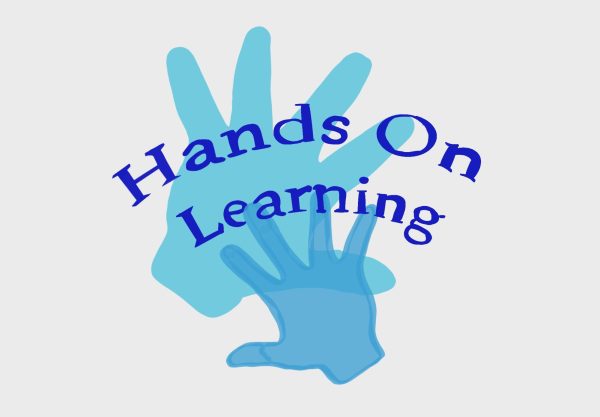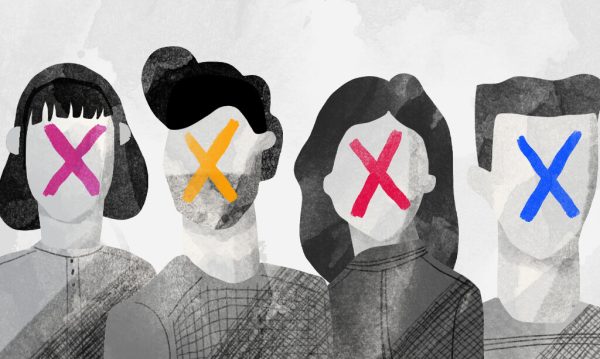Banning “Baby, It’s Cold Outside” from Radio is a Valid Decision, Despite Backlash
Recently, the Christmas classic “Baby, It’s Cold Outside” has come under fire for its controversial lyrics alluding to sexual assault; consequently, radio stations like Cleveland’s WDOK took the initiative to ban the song from their station. And people are not happy about it. Though many claim that opponents of the 1944 song are just being over-sensitive or that the era was a “different time,” songs such as this normalize sexual assault and disregard the importance of consent.
WDOK’s host Glenn Anderson explained that although at the time the song was written was “a different time,” now “it seems manipulative and wrong.” So yes, although 1944 may have been a different time where men controlling women was acceptable, there is no place for this in 2018, especially with the rise of the #MeToo movement, where many publicly voiced their sexual assault experiences to prevent future incidents.
The song’s entire premise revolves around a woman who wants to leave her relentless date, which is not exactly a family-friendly song, despite the fact that the song plays on many stations children may listen to with their parents. Children may not realize at the time, but growing up listening to a song like “Baby, It’s Cold Outside” sells the idea of “no means yes” and invalidates consent. The lyrics of the song include lines such as “hey, what’s in this drink?” and despite the woman in the song saying “the answer is no,” the man still perpetuates his sexual advances. So although adults may realize that the concept of the song is wrong, the same does not necessarily go for children, as they are heavily influenced by the media they consume.
Fans of the song have defended its manipulative nature by stating “although some lyrics of the song may reflect a different era and a different sensibility than today, still they love the tradition and history of the song, and want to hear it as part of their holiday season,” according to San Francisco KOIT’s host Brian Figula. When KOIT proposed banning the song, an estimated 77 percent opposed the ban, according to CBS News. This opposition is primarily rooted in the song’s tradition; however, as the way that people treat women has changed, the media this treatment reflects should also change, for the outdated song no longer aligns with acceptable behavior.
And despite the fact that women have more autonomy now than in 1944, modern female singers such as Meghan Trainor, Idina Menzel and Zooey Deschanel have done covers of it in more recent years, which only perpetuates the problematic nature of the song. However, when people such as the hosts from KOIT and WDOK acknowledge the fact that the song is wrong, it allows for people to discuss overlooked issues like consent and work towards addressing problems in the media.
Those opposing the song’s ban have also claimed that people in today’s society are too sensitive and are over-analyzing the lyrics, yet the ban does not come from a place of sensitivity but rather a refusal of continuing to be marginalized and treated inferior. So although removing the song from the air will not magically solve gender issues or sexual assault issues, banning it is a step in the right direction to stand up against outdated, misogynistic beliefs. Opening up a conversation about the importance of consent, harmful media consumption and values over tradition is essential to move forward as a society and separate the modern world from an outdated, offensive view on women as sexual objects and not humans.
While supporters of the song may claim there are worse songs that deserve to be banned and that “Baby, It’s Cold Outside” does not warrant such a ban, removing it marks movement towards a less problematic view of sexual relationships in spite of alleged tradition. And if people still have an issue with the ban, there is always Spotify to stream to this beloved Christmas classic.

Jess Ferguson is a senior and an Editor-in-Chief of The Rebellion. At Walpole High School, she is a director in the Film Festival and a member of the National...











